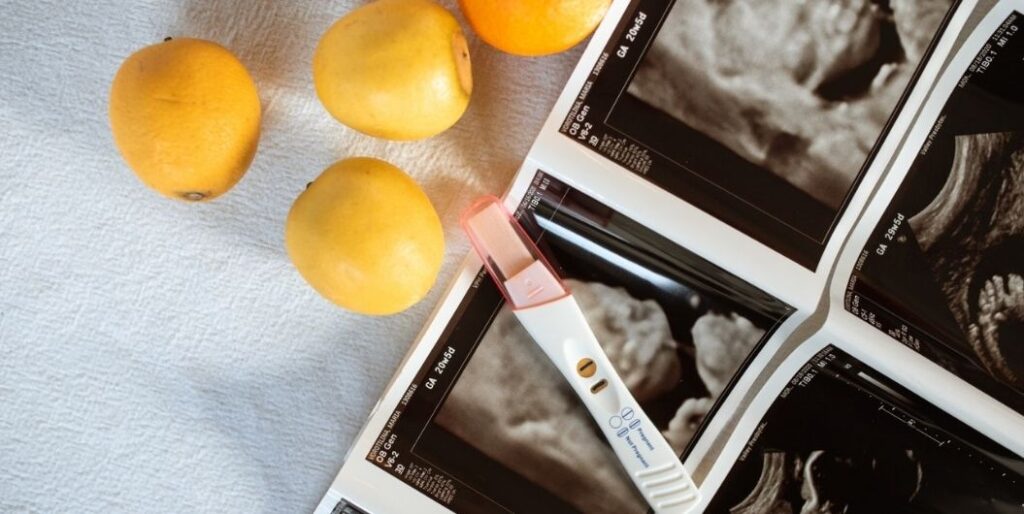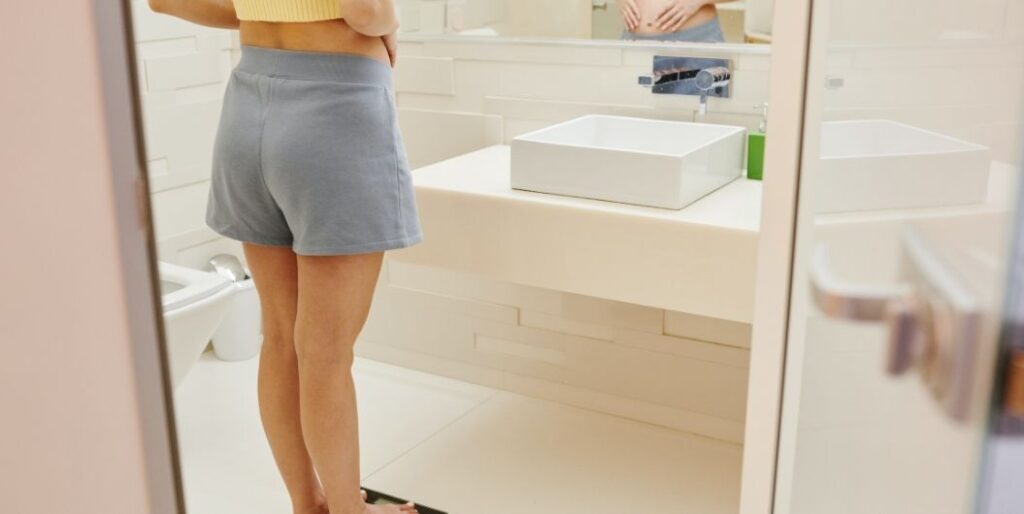Prenatal Care

Prenatal care is essential in giving you and your baby the best chance of getting through pregnancy healthy. Even if you are generally healthy, proper prenatal care will help ensure that you remain so, and that your baby develops normally. As many as one-third of pregnant women will develop a complication, ranging from minor to life threatening, so make good prenatal care a top priority.
Prior to Conception
It’s a smart idea to get your pregnancy off to a good start by getting a complete physical before you conceive. Your doctor will assess your weight, discuss any chronic illnesses such as asthma, high blood pressure and diabetes, will take a family history and discuss any genetic disorders you and/or your husband may have.

Routine Prenatal Care
You should see your doctor as soon as you find out that your are pregnant — typically around six to eight weeks. This is approximately two to four weeks after you’ve missed your period. You can expect the following at this initial exam:
- Complete physical and gynecological exam, including Pap smear
- Confirmation of pregnancy by urine or blood testing
- Blood tests for type and screening
- Screen for sexually transmitted diseases (STDs)
- Screen for prior exposure to communicable diseases such as chickenpox, rubella, etc.
- Screen for cystic fibrosis
- Urine sample
- Discussion of any chronic diseases that will need to be carefully monitored and managed during your pregnancy, including diabetes and asthma.
With a healthy, normal pregnancy, you can expect the following schedule of prenatal visits:
- 6-28 weeks: Monthly visits
- 29-36 weeks: Every two weeks
- After 36 weeks: Weekly until baby is born

At every checkup, you can expect the doctor to weigh you, take your blood pressure, test your urine and discuss how you feel, and if you’re far enough along, your baby’s movements. After 22 weeks, your uterus will be measured at every visit to monitor the growth of your baby.
High risk moms will usually undergo a diabetes screening at 12 weeks, while most moms will be screened at 28 weeks. Although many moms will have an early ultrasound to confirm pregnancy, most will not have their first ultrasound until 18 to 20 weeks. There are many additional tests that screen for abnormalities or congenital conditions that are available, including the alpha-fetoprotein (AFP), triple screen, amniocentesis and Chorionic Villus Sampling (CVS).
In addition to regular visits to your doctor, proper prenatal care involves many changes you should implement in your life, including:
- Quitting smoking
- Managing any preexisting chronic conditions
- Exercise
- Adequate rest
- Healthy diet
- Taking prenatal vitamins
- Reducing stress
- Avoiding certain foods that may harbor food-borne illnesses
- Avoiding dangerous activities and sports
Depending on your current health status, your doctor may have other advice for you to follow as well. Remember to address any concerns or questions you may have to ensure that you are giving your baby the best possible prenatal care.
Once her water breaks, one thing a woman can guarantee is that her baby will be delivered soon, typically within 24 hours. If your labor hasn’t started before the water breaks, and doesn’t begin soon after, you may have to be induced.
